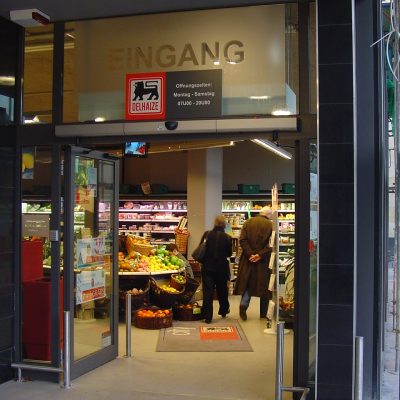Just in time! Several requests (5 in total) have been filed on the last day of the deadline (with the exception of Google, which filed its appeal a few days in advance) aiming at the annulment of 2 new mechanisms contained in the Belgian law of June 19, 2022, which transposes the Directive 2019/790 (the so-called DSM Directive) into Belgian law.
The first mechanism targeted is the press publishers right, a right similar to that of authors, allowing them to object to the use of their publications by online sharing services (such as Facebook), for a period of 2 years. This mechanism is provided for in Article 15 of the DSM Directive. Meta (Facebook’s operator) has taken up the cause.
The second mechanism challenged is the new right of authors and artists (both in the musical and audiovisual field, thus also films) granting them a remuneration for the exploitation of their works and/or performances by online content sharing services (such as Youtube) as well as by streaming services (such as Spotify), when these right owners have assigned their rights to producers (record companies and/or film producers).
The assignment of rights by authors and artists to producers is the rule in the audiovisual sector (Belgian law even provides for a presumption of assignment in the absence of a contract). For the music sector, it is only the rule for artists (authors assign their rights to SABAM, which contracts directly with the users, such as sharing and streaming services). In exchange for this transfer, the producers (i) contract with the online sharing and streaming services and (ii) pay the authors and artists, either on a fixed basis (flat fee) or according to what the exploitations bring in (royalties).
The new mechanism, now challenged, provides that, even in case of transfer of rights to producers, authors and artists retain the right to obtain remuneration in case of exploitation by an online content sharing or streaming service. This remuneration would be collected by the collecting societies.
It is the level of royalties for online use, considered too low by the artists, that triggered the introduction of the new mechanism, which is not expressly foreseen in the DSM-Directive.
Unsurprisingly, the appeal against this new mechanism comes from producers, but also from some sharing or streaming services, such as Google and Spotify.
It is now waiting for the official publication of the challenges in the Belgian Official Gazette, which starts the 30-day deadline for all interested parties to intervene in the procedure.
(Picture by Trougnouf (Benoit Brummer) – Own work, CC BY 4.0, https://commons.wikimedia.org/w/index.php?curid=93022835)





